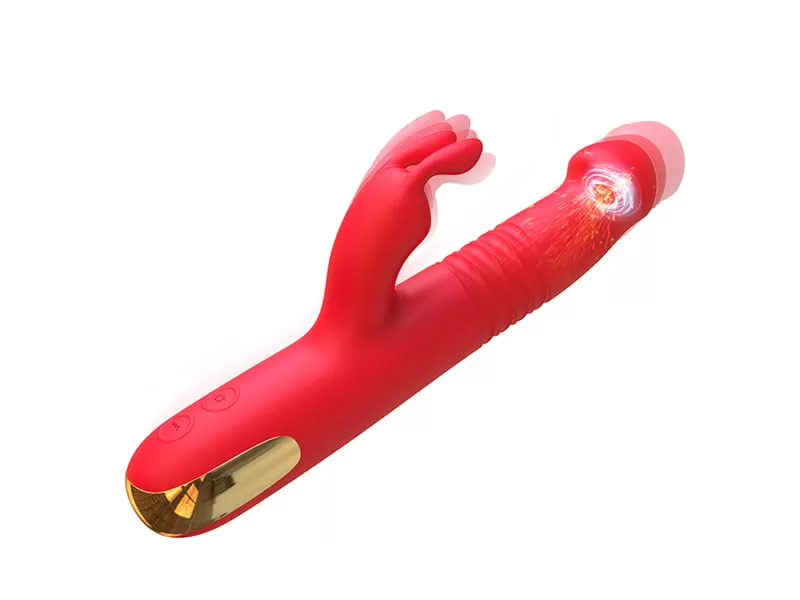Erin Snow
Early recovery can be a volatile time marked by mood swings, strong triggers and cravings, intrusive negative thoughts, unwanted memories and emotions, flashbacks, and even panic attacks. Our addiction helped us avoid unwanted thoughts and emotions, but in recovery we must develop new tools and resources. Until we do so, we are left without effective skills or strategies to ground ourselves and keep ourselves in the moment.
Grounding skills help keep us anchored when our thoughts are spinning and our moods are swirling. Utilizing grounding skills not only helps us learn to self-regulate without the use of substances or behaviors, it gradually gives us a sense of empowerment as we realize we do indeed have some control over our thoughts and feelings. In other words, we are anchored and less likely to be pushed or pulled into fantasy, a negative mood, or the urge’ to act out.
Before listing specific techniques, it’s important to note that the effectiveness of grounding techniques directly increases with practice. Like any skill, the more we practice it, the more proficient we become. To do this, I suggest you engage a grounding technique as soon as you feel yourself being triggered or preoccupied. The longer you remain off-balance, the harder it is to stabilize yourself. Try not to assign a value to a thought or feeling such as “that’s stupid; what an idiot I am.” Judging that which we are thinking about only makes grounding ourselves more difficult.
The following list presents a variety of techniques that are useful for grounding. Experiment with different ones and select those that appeal to you for further practice.
- The 5-4-3-2-1 Method: Many people find this skill to be highly effective at quickly reconnecting them to the present. It is simply a countdown: Name five things you can see; four things you can touch; three things you can hear; two things you can smell; and one thing you can taste. This technique quickly engages all five senses, and the mental agility required distracts you from upsetting thoughts.
- 4-7-8 Breathing: This technique uses breath as a tool to regulate the body and mind. Imagine a metronome counting off regular beats. Inhale for a count of four; hold the breath for a count of seven; then exhale for a count of eight. Doing this several times will quickly reduce your symptoms. This technique is so subtle that it can be done during a meeting or at a stoplight.
- Visualize an Activity that Gives You Pleasure: Thinking about an activity you enjoy engages numerous senses and is a great way to refocus. For example, if you enjoy playing piano, think about a favorite piece and imagine yourself playing it. Notice the keys as you strike them with your fingers, how your posture is at the keyboard, the sensation of the pedals under your feet, and the sound of the music itself. Don’t forget to notice any feelings or body sensations as you play through the piece in your mind.
- Utilize Hot and Cold Temperatures: Utilizing temperature is a very effective way of reconnecting with our bodies if we have dropped into fantasy or dissociated. For example, someone who is activated by feelings similar to “fight or flight” may find an ice pack soothing. The same person might also find relief from noticing the sensation of a cool drink as it is swallowed and travels through the esophagus to the stomach. Some people find that putting their hands in cold water can be helpful. Warm or hot temperatures can be used as well. People who tend to go “numb” or cold with their feelings often find a heating pad or warm beverage soothing.
- Hold an Object: Certain objects, like stones, feathers, and beads, can come to symbolize safety, healing, and emotional connectedness. If you have such an object in your life, try holding it in your hand. Feel its temperature, whether its surface is rough or smooth, cool or warm, hard or soft. Try to get a sense of any energy the object contains and how it feels in your hands.
- Connect with Your Pet: It has long been recognized that animals are amazing companions for people, not only because of their unconditional love but because we often emotionally connect with them even when we are struggling with our human relationships. Hold your dog or cat or snuggle beside them, or put your bird on your finger. Look into their eyes. Stroke them and find their favorite spots. Feel any weight or heat from their body. Put your hand on their heart and feel the connection.
- Eye Contact: Trauma therapists know that if someone is having a hard time regaining emotional balance and composure, it is helpful to have them open their eyes (this should be done anyway, since it is easy to drop into fantasy with our eyes closed) and make direct eye contact with another human being. There is something very grounding about really looking into someone’s eyes. This may not always be possible, but it is useful to remember this powerful technique.
- Favorite Place: Think about your very favorite place, one that elicits warm feelings of comfort and safety in your body. Using all your senses, imagine yourself in that place. What colors do you see? The blue of the sky, the green of plants, the azure blue of the sea? What smells are there? Fresh air or fallen leaves or freshly cut grass? Use all your senses to really be in this place for a few minutes, noticing the calming effect it has on your body and mind.
- Connect with Your Body: Our bodies hold much of the trauma we have endured, which, through healing work, can be released and resolved. Our bodies also are the embodiment of who we are and have incredible wisdom. Connect with your body in any way you can. Some people prefer progressive relaxation, where they gradually tighten and release various muscle groups in the body. Others may feel grounded by giving themselves a hug and really experiencing how the body reacts to that action. Others may benefit from tapping acupoints in the body. Really listen for any messages your body may be telling you.
Any or all of the techniques listed here can be utilized to help you stay grounded and in the present when powerful thoughts and feelings push you off balance. The more we practice these skills, the more effective they become, eventually becoming second nature as we grow in our recovery.
* * * * * * * * * *
If you or someone you care about is struggling with sex or porn addiction, help is available. Seeking Integrity offers inpatient treatment for sex and porn addicts, as well as low-cost online workgroups for addicts and betrayed partners.


 Anal Beads
Anal Beads Anal Vibrators
Anal Vibrators Butt Plugs
Butt Plugs Prostate Massagers
Prostate Massagers
 Alien Dildos
Alien Dildos Realistic Dildos
Realistic Dildos
 Kegel Exercisers & Balls
Kegel Exercisers & Balls Classic Vibrating Eggs
Classic Vibrating Eggs Remote Vibrating Eggs
Remote Vibrating Eggs Vibrating Bullets
Vibrating Bullets
 Bullet Vibrators
Bullet Vibrators Classic Vibrators
Classic Vibrators Clitoral Vibrators
Clitoral Vibrators G-Spot Vibrators
G-Spot Vibrators Massage Wand Vibrators
Massage Wand Vibrators Rabbit Vibrators
Rabbit Vibrators Remote Vibrators
Remote Vibrators
 Pocket Stroker & Pussy Masturbators
Pocket Stroker & Pussy Masturbators Vibrating Masturbators
Vibrating Masturbators
 Cock Rings
Cock Rings Penis Pumps
Penis Pumps
 Wearable Vibrators
Wearable Vibrators Blindfolds, Masks & Gags
Blindfolds, Masks & Gags Bondage Kits
Bondage Kits Bondage Wear & Fetish Clothing
Bondage Wear & Fetish Clothing Restraints & Handcuffs
Restraints & Handcuffs Sex Swings
Sex Swings Ticklers, Paddles & Whips
Ticklers, Paddles & Whips




















